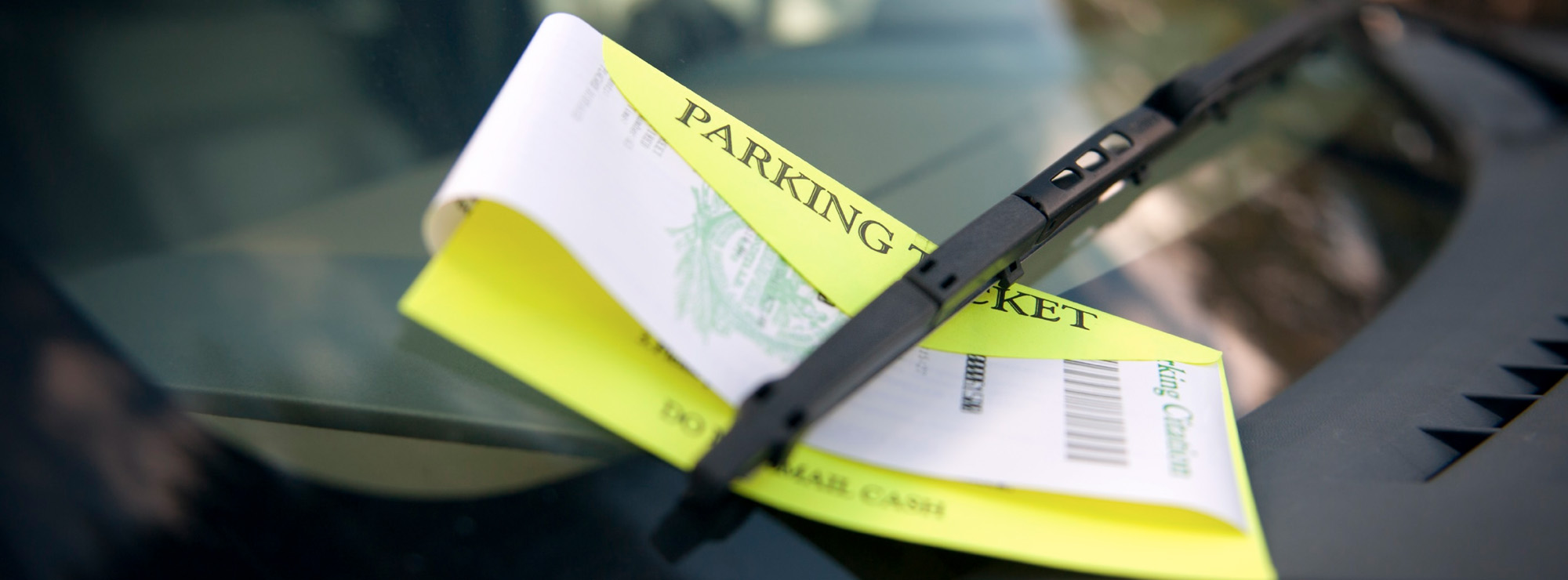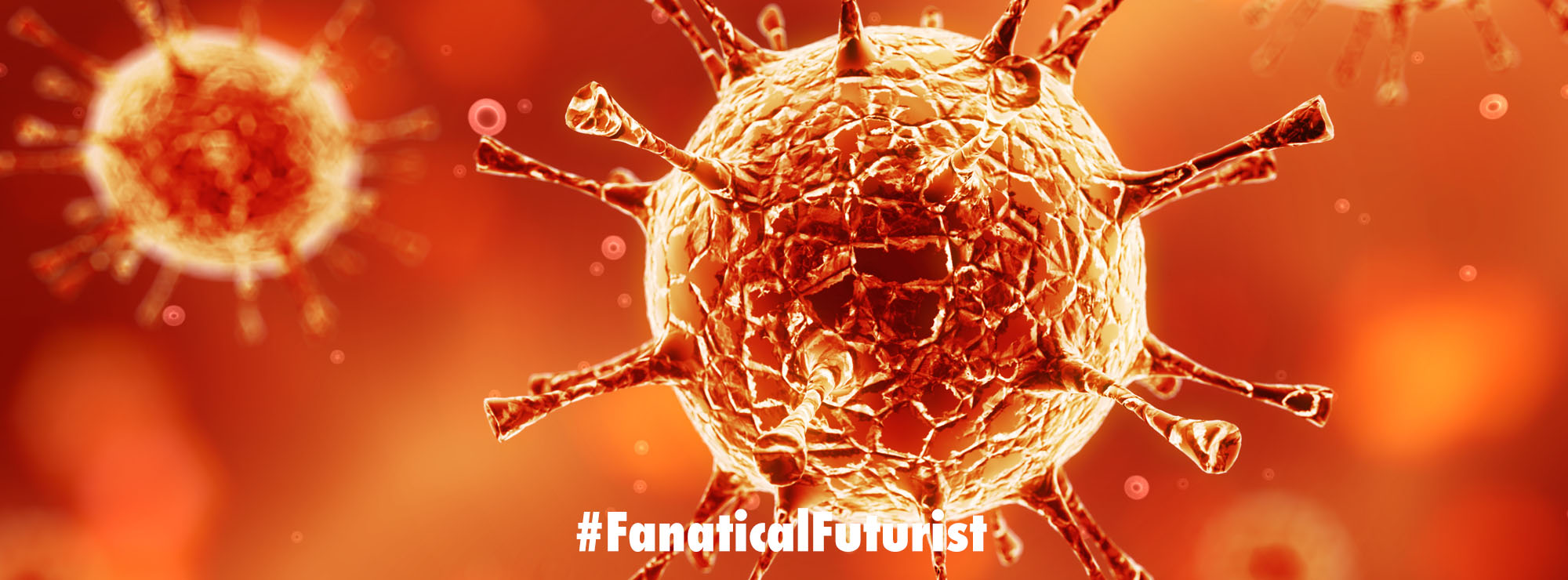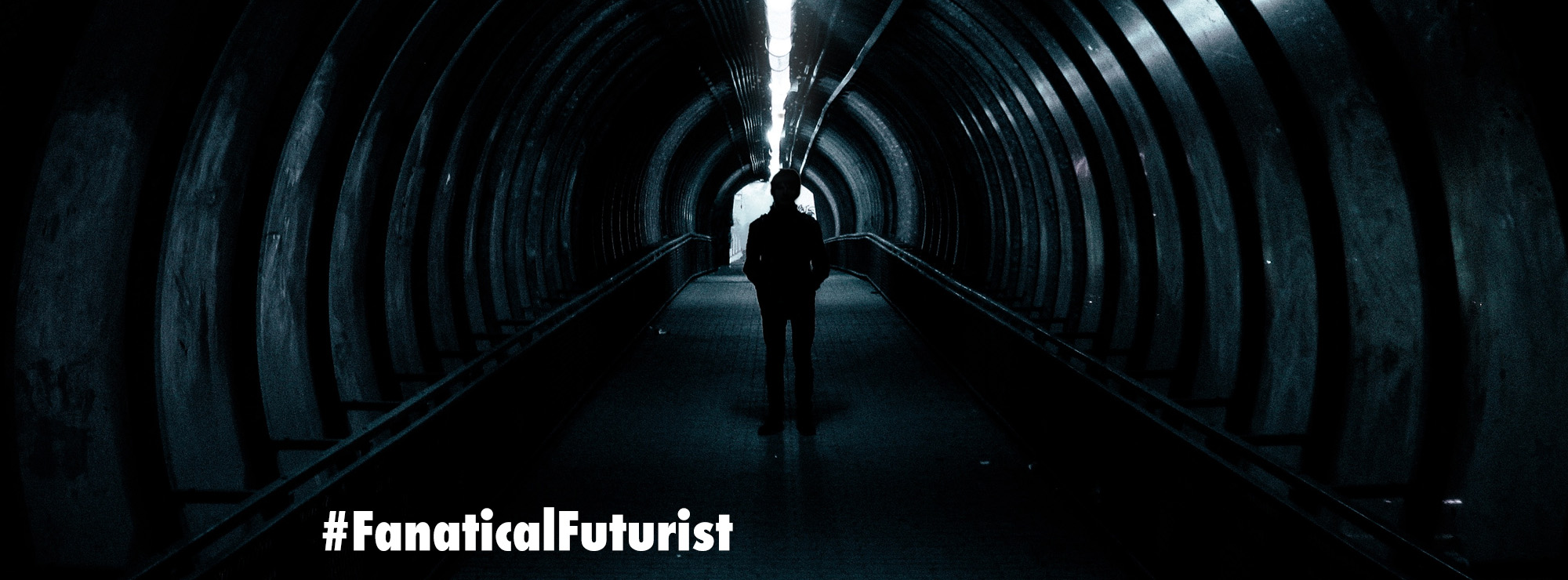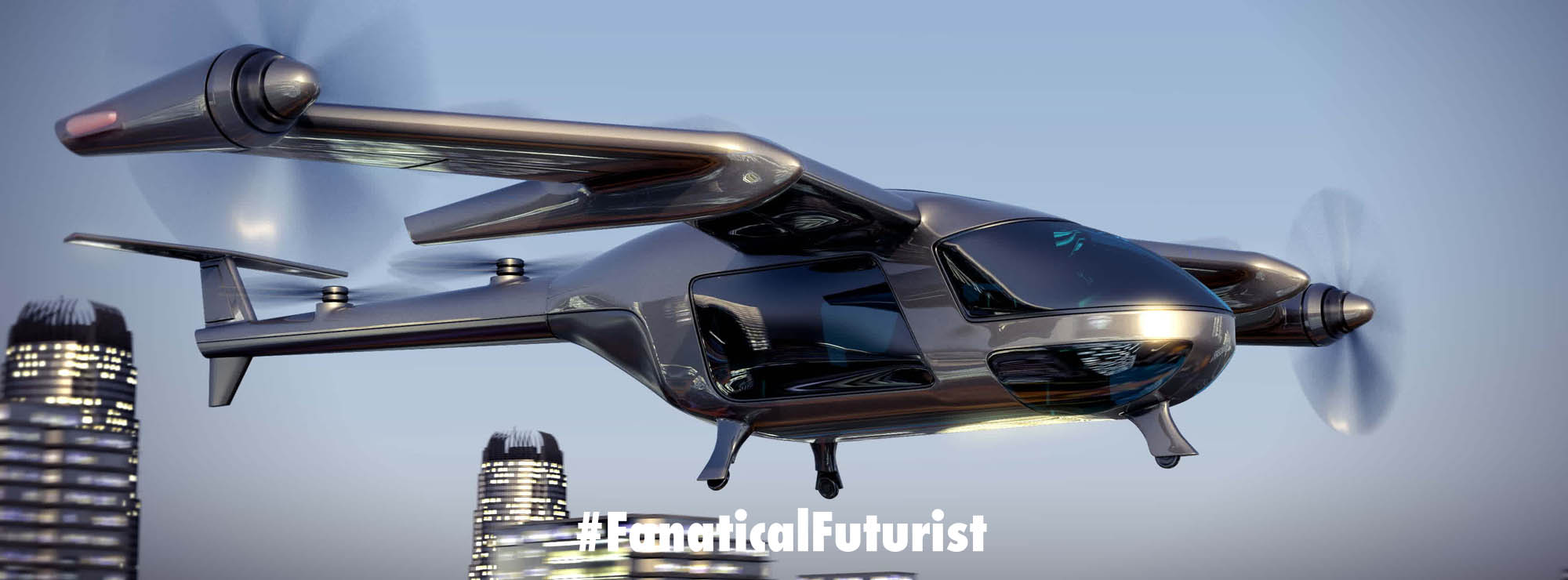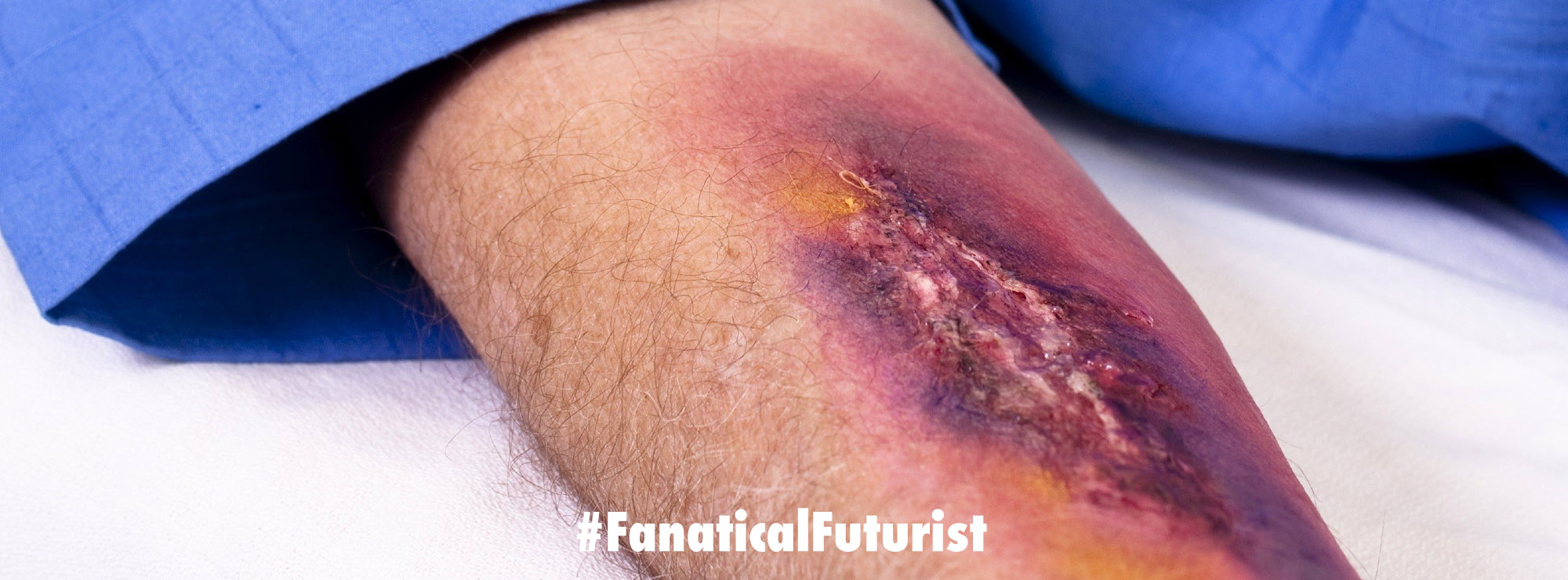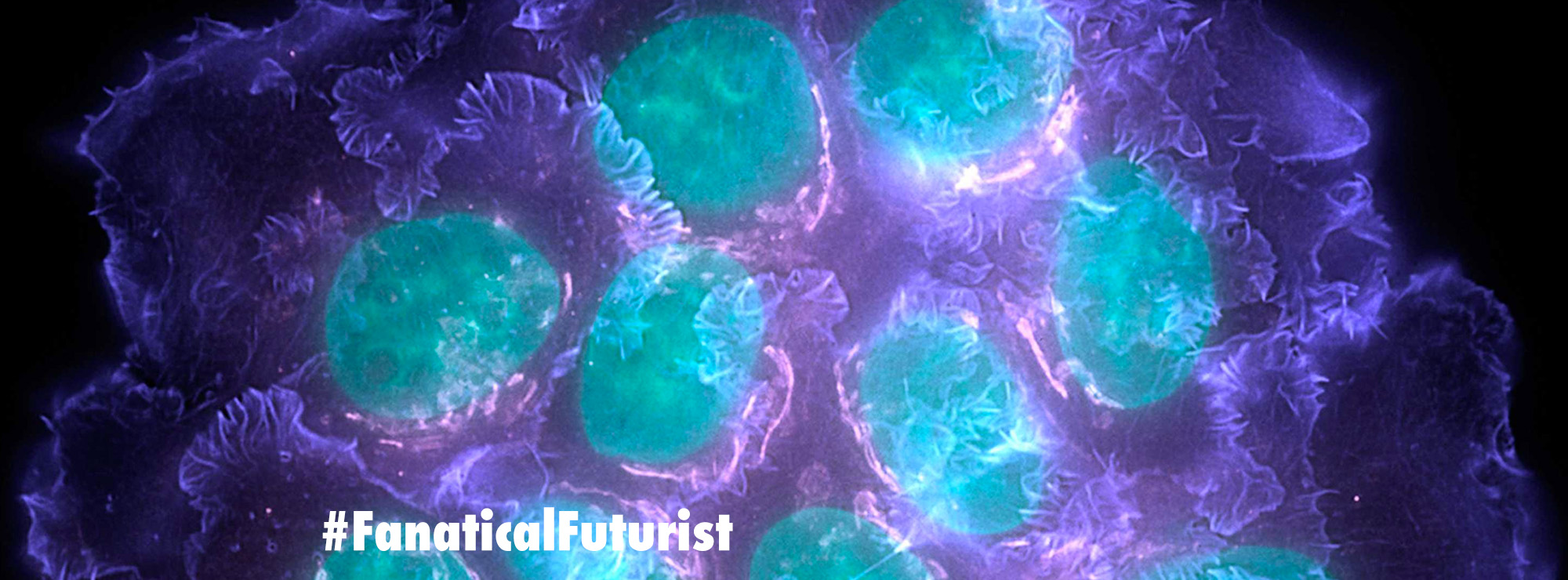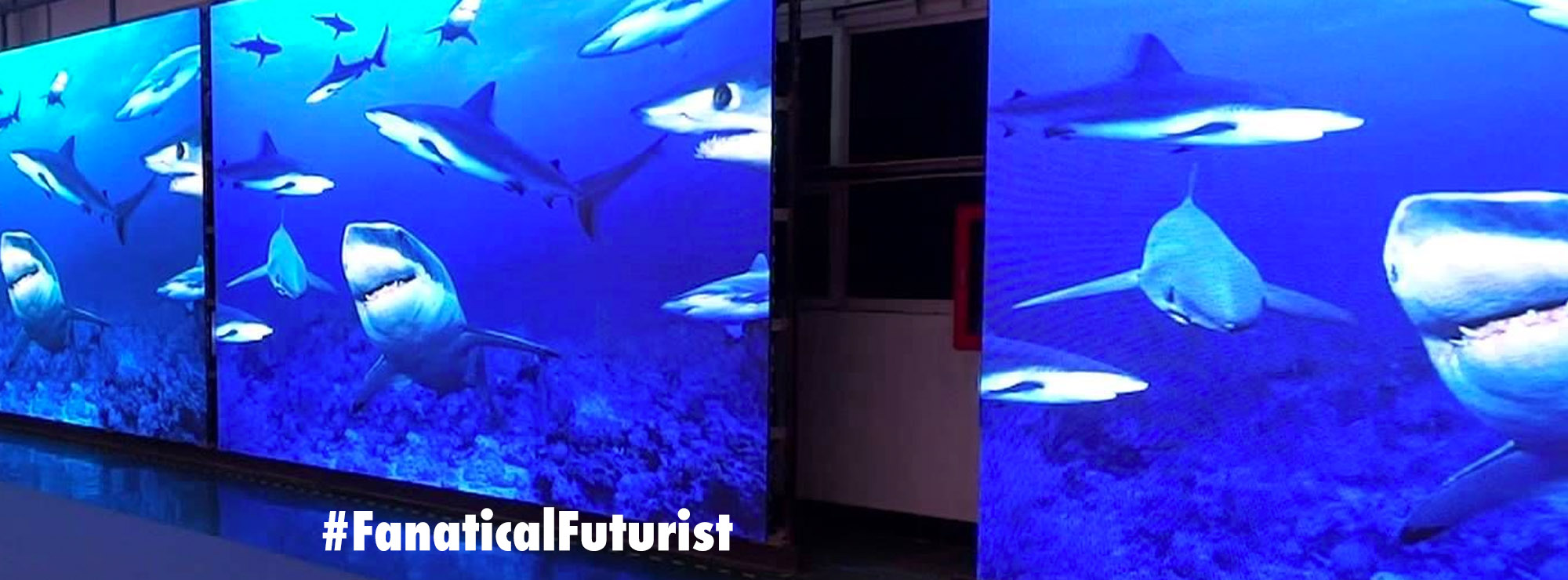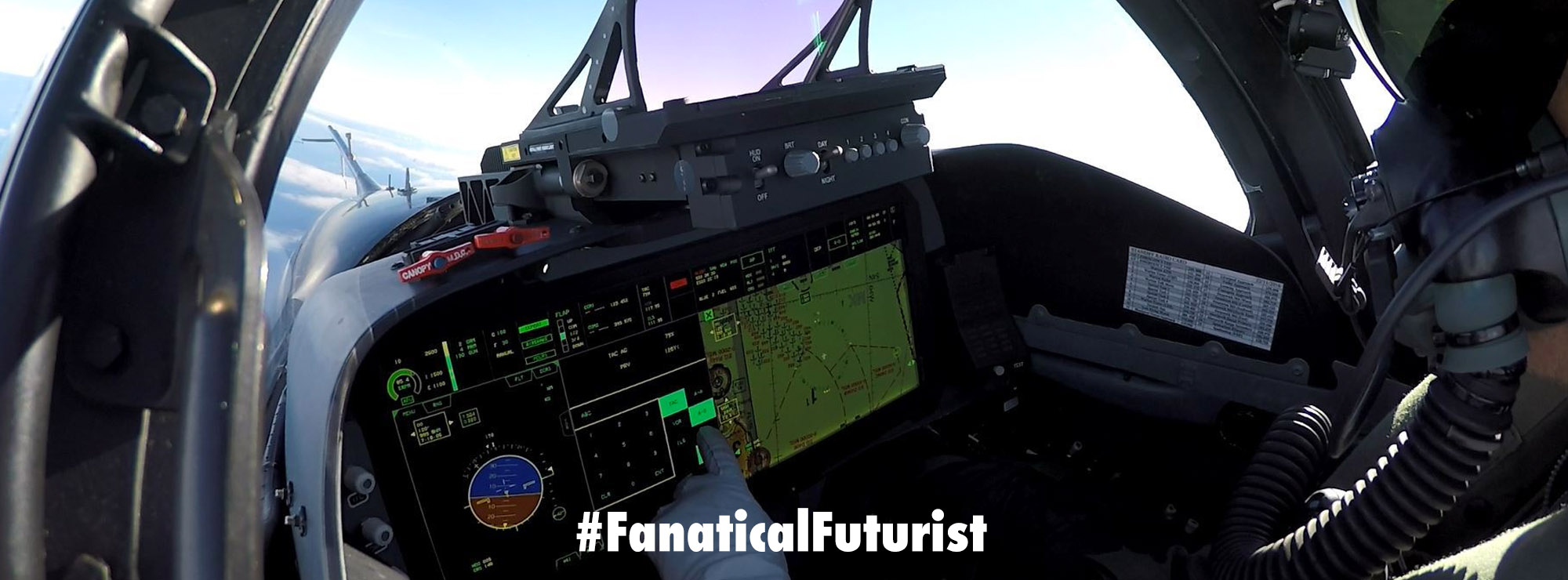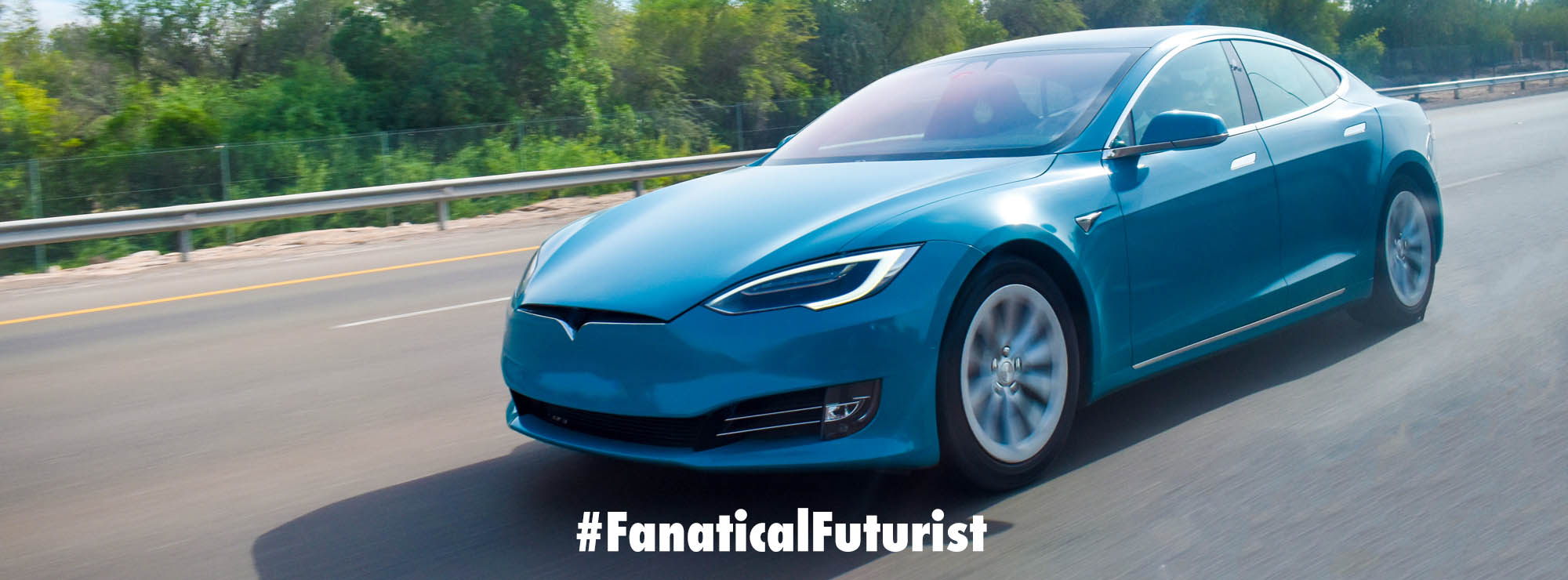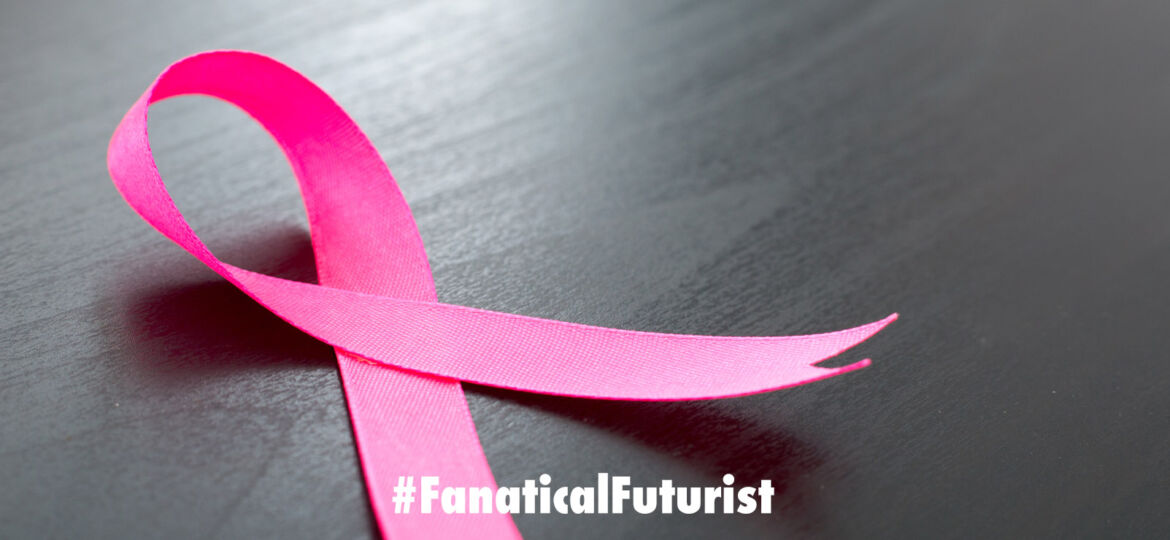
WHY THIS MATTERS IN BRIEF
As the quality and reliability of new AI models improve the technology’s power to revolutionise healthcare is becoming clear.
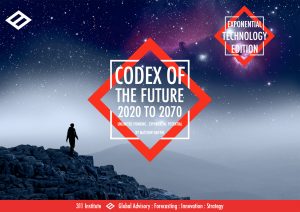 Interested in the Exponential Future? Connect, download a free E-Book, watch a keynote, or browse my blog.
Interested in the Exponential Future? Connect, download a free E-Book, watch a keynote, or browse my blog.
Recently Artificial Intelligence (AI) has been getting better at diagnosing everything from dementia and depression, to lung disease, including Coronavirus, heart disease, and even common-a-garden disease and PTSD. And now, in addition to being able to diagnose pancreatic and skin cancer, Google have just announced that’s their AI is now better than human radiologists at diagnosing breast cancer, according to study Nature where Google Health programmers explained their findings and methods.
To accomplish their goal Google used a database of mammogram images called OPTIMAM which they licensed from Northwestern University, and in both the UK and the US, where the datasets originated, mammograms are recommended at regular intervals once someone has reached a certain age.
Mammogram images are taken by technicians, then reviewed and interpreted by radiologists – the same as X-rays or ultrasound imagery, and Google Health found that their trained algorithm identified breast cancer’s more accurately than trained human radiologists.
“We show an absolute reduction of 5.7% and 1.2% in false positives and 9.4% and 2.7% in false negatives compared to human radiologists,” the study says. That means the algorithm did a better job of both finding more cancers and correctly identifying cancers. But that said it’s not clear how well this will work in the real world where early breast cancers are over diagnosed, leading to over treatment that can cause health complications in people who would otherwise never need treatment.
In the meantime though Google Health say the potential improvements aren’t only in medical outcomes though. For example, in the UK mammograms are read by two radiologists. Google Health compared its algorithm’s results with the first human reader’s results in order to see if they came to the same conclusion, and they say they believe a well-made algorithm could eliminate the need for a second radiologist which would save a vast majority of the time and save money and time for healthcare systems that are more and more burdened. And, if they’re ultimately successful, then hopefully a medical system that combines human smarts with AI analysis will one day help us defeat one of the most deadliest forms of cancer in human history.



